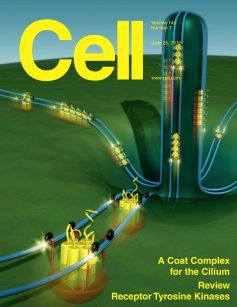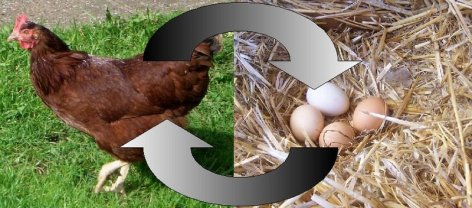One of the fundamental ideas behind the evolutionary hypothesis is that organisms fall in a range from “simple” to “complex.” The organisms that are supposed to be simple, like bacteria, are assumed to be more reflective of the kinds of organisms that existed on earth a few billion years ago. As the evolutionist waves the magic wand of time, it is assumed that those “simple” organisms slowly evolved into “complex” organisms. What we see on earth today, then, is a range of complexity in nature. “Simple” organisms (like bacteria) are reminiscent of the first kinds of organisms that existed on earth, and “complex” organisms (like mammals) are the products of the long, slow process of macroevolution.
Of course, this goes counter to the creationist view. In the creationist view, organisms do not fall in a range from “simple” to “complex.” Instead, as my coauthor and I stress throughout our biology book, there is no such thing as a simple organism. Even organisms like bacteria are marvelously complex. Thus, if there is a range of complexity in creation, it is from “really complex” to “ridiculously complex.”
The more we learn about science, the more it confirms the creationist view of complexity. Organisms that evolutionists call “simple” are actually amazingly complex.





